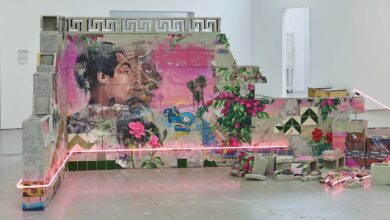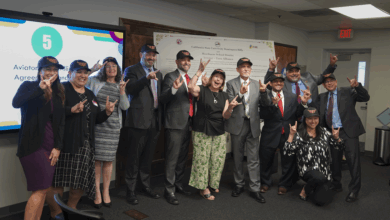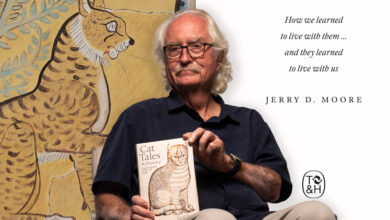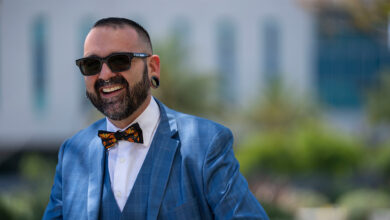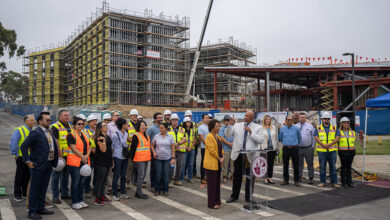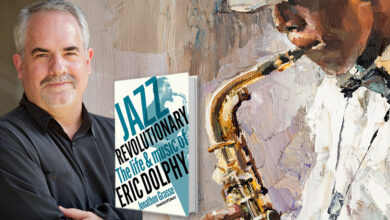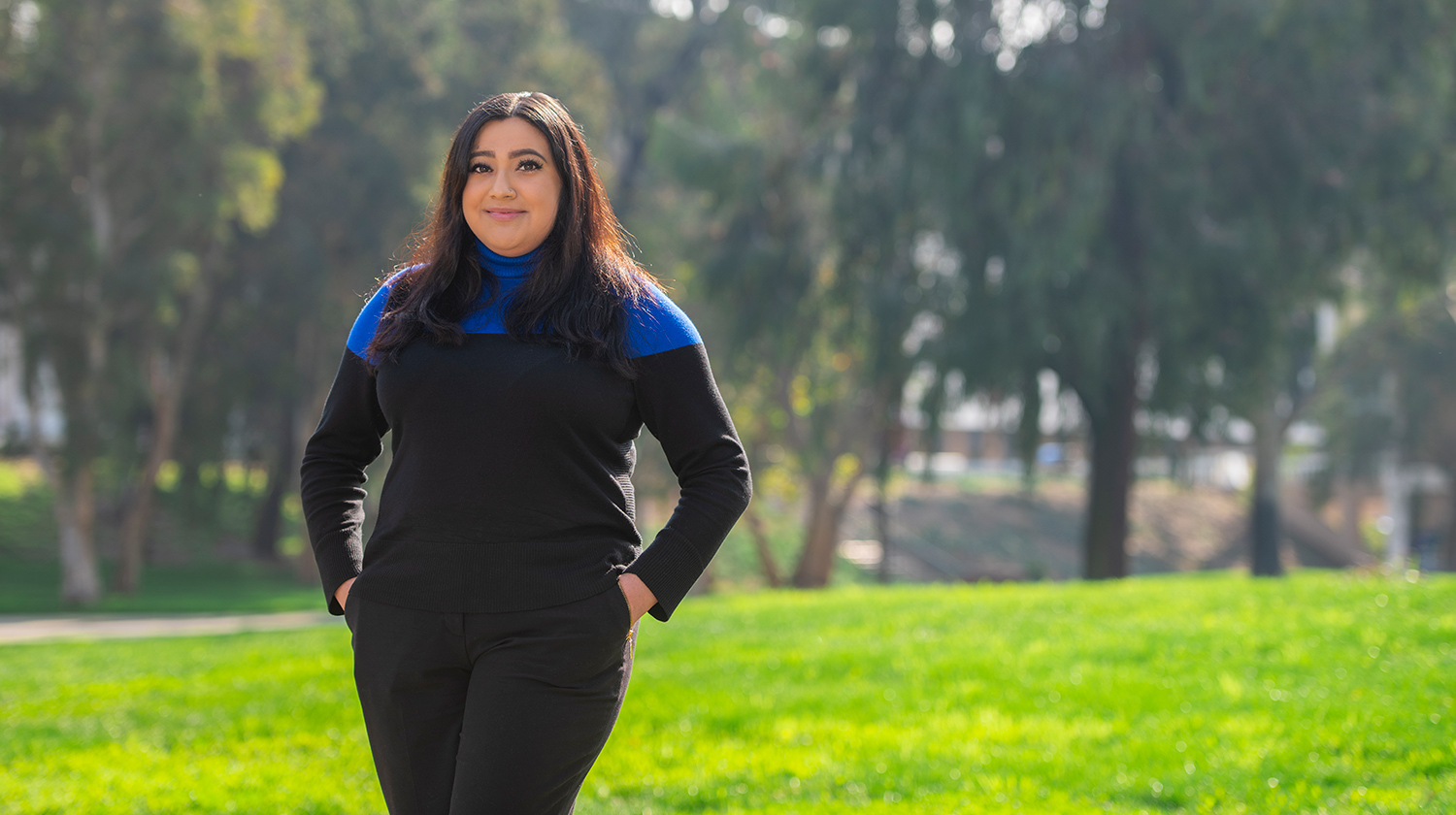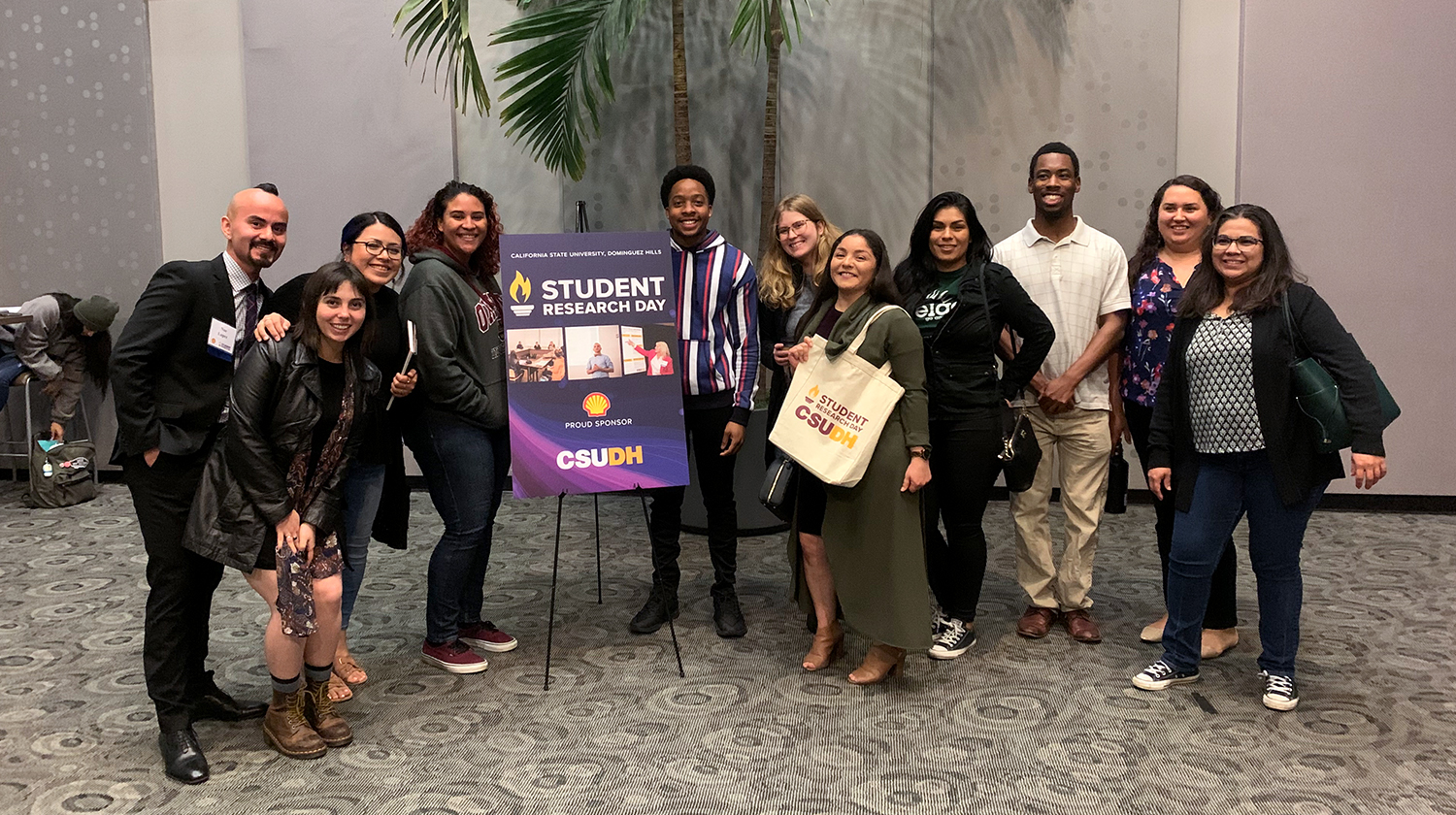
Master of Sociology student Noé López is focusing his research and thesis on examining higher education through a “racial and sociological lens.” Now, as California State University, Dominguez Hills’ (CSUDH) 2020 CSU Sally Casanova Pre-Doctoral Scholar recipient, he will be much better equipped to pursue his aspirations of becoming a professor at a Hispanic-serving institution, where he can fuse his research and teaching to empower historically “disinvested” students.
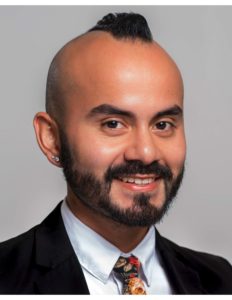
López, who is on track to complete his master’s degree in spring 2021, carries a notepad to jot down ideas for his thesis as they emerge. “I really enjoy doing this kind of work,” he said. “With my research and thesis, and now the Sally Casanova scholarship, I’m really looking forward to what comes next.”
As a Sally Casanova scholar, López will receive a $3,000 grant and have a variety of advantages and unique opportunities to do related research that will prepare him to succeed in a doctoral program after earning his graduate degree at CSUDH. The scholarship is available to CSU students with exceptional academic records who come from disadvantaged backgrounds.
López and the other Sally Casanova scholars throughout the CSU system will also receive funding to visit doctoral-granting institutions where they are considering applying; travel to a national symposium or professional meeting in their chosen fields; membership in professional organizations; and free graduate school applications, test fees, and journal subscriptions.
As a Lynwood resident living in a disinvested community, López says his personal experiences and research findings have allowed him to understand the need for a more diverse pool of doctoral students and faculty across all institutions of higher education.
“The disparity between white and Latinx individuals in academia warrants the need for racial and ideological diversity in higher education,” wrote López in his scholarship application letter. “The large discrepancy between the racial groups limits our contribution to the university canon and our ability to challenge the institutional practices that have created patterns of exclusion and limited the presence of Latinxs and other People of Color in academia.”
Sally Casanova was a much-beloved administrator who served the CSUDH campus community as associate vice president for Academic Programs and dean of Graduate Studies and Research. She died in 1994.
CSUDH Professor of Sociology Jose Prado was López’s faculty sponsor for the scholarship and is serving as the chair of his thesis. With Prado’s guidance, he has become better equipped to work with a faculty member from a doctoral-granting institution through the scholarship’s summer research program.
Prado says that López’s work couples issues of Chicana/o higher education to unique, timely, and relevant theoretical concerns. “It is as much fun as it is exciting and thought provoking to work with Noé, given his concern to link the day-to-day realities of higher education to the experiences of students such as ours,” he says. “Really, I learn about my own work by the sort of collaboration in which I engage with him. Our plans are to extend a chapter of his thesis into a jointly written article. I look forward to it!”
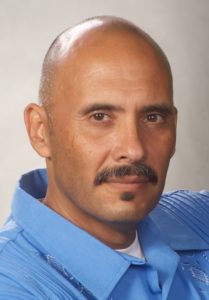
Prado has been “very intentional” in the way that he advises López, particularly when it comes to embarking on the research process. López says this will pay off for him when he applies for a summer research program with a faculty mentor with similar research pursuits, and later when he applies to a Ph.D. program.
“Dr. Prado recommended early on that I look at the research of faculty members at top universities, begin citing them in my work, and start using their work as a starting point to finding the right Ph.D. program,” said López. “It was great advice.”
López earned his undergraduate degree in World Arts and Cultures at UCLA. When he arrived at CSUDH, he applied for the Graduate Equity Fellowship Program.
Like the Sally Casanova scholarship, the Graduate Equity Fellowship Program aligns well with López’s future collegiate and career aspirations. Along with funding the first two years of a fellow’s graduate education, the program works to increase diversity of students completing graduate degree programs and encourages them to further study in doctoral programs. It also promotes fellows who are consideration faculty careers.
“The funding was very important, but the most beautiful thing about the fellowship is you are required to do research, and that’s how I got connected to Dr. Prado,” López shared. “We got to know each other on a personal level. In fact, in April we were both scheduled to present our work at the National Association for Chicana and Chicano Studies Conference (NACCS) in Seattle, but it was canceled due to the pandemic.”
López took the cancellation in stride and focused on the positive. “It was a good feeling knowing I already had sufficient research data for my thesis to be selected to present at a national conference,” he said. “It didn’t happen, but I did get to present it at Student Research Day this year. It was a wonderful experience, particularly learning about the incredible research other sociology students are doing on our campus.”
López currently works full-time as a regional manager for UCLA’s Early Academic Outreach Program, which is an ideal match for his academic and career portfolio. “This month we’re launching our Summer Institute and I’m directing a training for 15 new advisers,” he shared. “They are stationed at local high schools to support students who need help with their college applications, financial aid, and scholarships. Their work helps students and communities that are disinvested – like the one I grew up in – attend or imagine themselves at a college or university.”
While teaching at the collegiate level is a core goal for López, he does have other career interests, such as helping to influence higher education policy by working for the U.S. Department of Education, the California Department of Education, or even the state legislature.
As a professor, López will advocate for an inclusive academic environment at the university where he teaches, where the diversity of underserved communities is represented in the curriculum.
“I hope to be a faculty member that equips a future generation of researchers and professionals to be active thinkers that will embark in critical research projects that make valuable contributions to academia and society,” he said.



